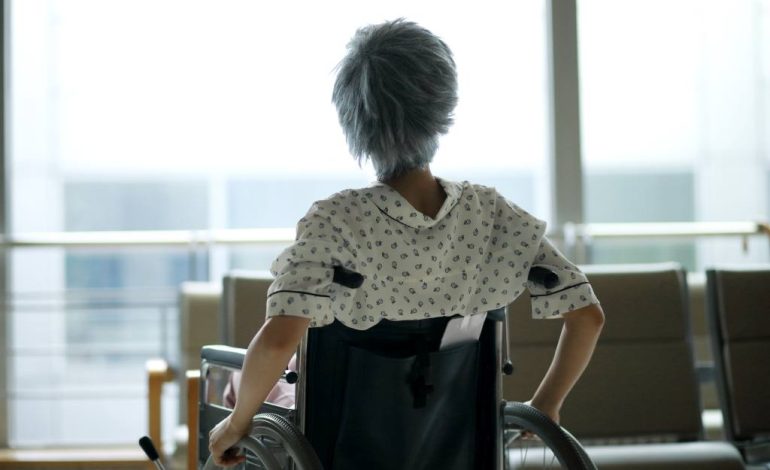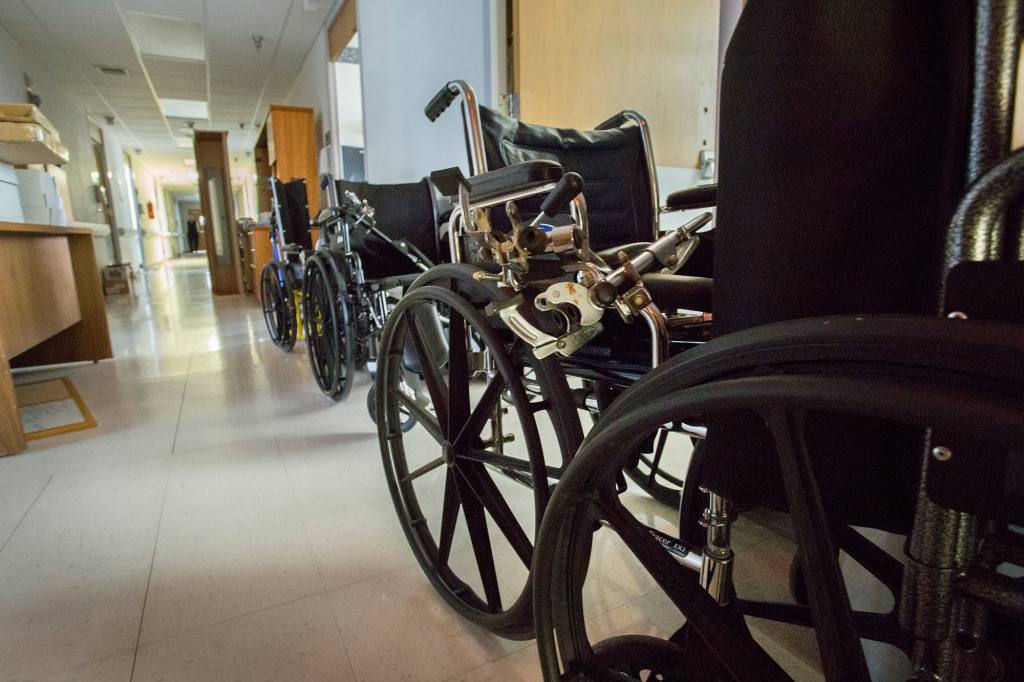The Importance of Specialized Care in New Jersey Nursing Homes

As the population ages, the demand for specialized care in nursing homes is becoming more critical. In New Jersey, nursing homes offer a range of services, from general care to highly specialized programs designed for individuals with unique medical and cognitive needs. Specialized care is more than just a luxury—it’s often a necessity for individuals with conditions such as Alzheimer’s, Parkinson’s, or those recovering from strokes. Choosing the right nursing home can significantly impact a loved one’s quality of life and overall well-being. Understanding the importance of specialized care can help families make informed decisions when navigating nursing home options in New Jersey.
Addressing Complex Medical Needs
Specialized care in New Jersey nursing homes plays a vital role in addressing complex medical needs that go beyond the scope of standard nursing care. Residents with chronic conditions such as diabetes, heart disease, or COPD require careful monitoring and tailored treatment plans that regular nursing care may not adequately provide. Specialized care teams, often including geriatricians, neurologists, and physical therapists, work together to manage these conditions effectively.
For instance, residents with Parkinson’s disease may require specific therapies to improve mobility and manage symptoms like tremors. Likewise, those recovering from strokes may need intensive physical therapy, speech therapy, or occupational therapy to regain independence. Nursing homes that offer specialized care programs are better equipped to address these complex needs, ensuring that residents receive targeted treatment in a supportive environment.
The website for senior living resources offers valuable insights into how nursing homes in New Jersey are adapting their services to meet the growing demand for specialized care. Families are encouraged to research facilities that prioritize personalized treatment plans and have medical professionals on staff who understand the nuances of these conditions.
Enhancing Cognitive Care for Dementia Patients
Dementia and Alzheimer’s disease are among the most challenging conditions that families face when placing a loved one in a nursing home. Specialized care for dementia patients focuses on enhancing cognitive function while ensuring safety and quality of life. New Jersey nursing homes that provide memory care units are designed to create a safe and structured environment for individuals suffering from memory loss.

Memory care programs often include specialized activities that stimulate cognitive function, such as puzzles, music therapy, and reminiscence therapy. These activities are tailored to the individual’s cognitive abilities and are aimed at slowing the progression of memory decline. Trained staff in these units have specific expertise in handling behaviors associated with dementia, such as agitation, wandering, or confusion.
Having a nursing home that provides specialized dementia care also ensures that residents are closely monitored, reducing the risk of accidents or injury. The staff is trained to manage the emotional and psychological needs of dementia patients, offering both the medical care and emotional support necessary to improve their quality of life. For families, this peace of mind is invaluable.
Rehabilitation and Recovery Services
Not all nursing home residents require permanent long-term care. Many are admitted for short-term rehabilitation following surgery, illness, or injury. Specialized rehabilitation services in nursing homes are essential for helping these individuals regain strength, mobility, and independence before returning home.
New Jersey nursing homes that offer comprehensive rehabilitation programs provide residents with access to physical, occupational, and speech therapy. These services are often part of a coordinated care plan that is customized to meet the individual’s recovery goals. For instance, after a hip replacement surgery, a resident might need intensive physical therapy to improve mobility and prevent falls. A skilled rehabilitation team will ensure that therapy is provided consistently and effectively, with progress regularly evaluated.
Specialized rehabilitation care helps reduce hospital readmissions, speeds up recovery, and ultimately improves the chances of residents returning to their homes or assisted living facilities. Nursing homes with strong rehab programs are ideal for individuals who require short-term care but need professional help to recover fully.
Emotional and Psychological Support
Living in a nursing home can be a significant emotional adjustment for residents. Leaving behind the familiarity of home and adapting to a new environment is often stressful, especially for those with chronic health conditions. Specialized emotional and psychological care in nursing homes can make this transition smoother and more manageable.
Nursing homes in New Jersey that offer mental health support typically employ psychologists, counselors, and social workers who specialize in geriatric care. These professionals work with residents to manage anxiety, depression, or feelings of isolation that may arise from living in a nursing facility. In addition to one-on-one counseling, group therapy sessions or social activities can help residents build a sense of community and reduce loneliness.
This aspect of specialized care is particularly important for individuals with a history of mental health issues or for those experiencing emotional distress due to their physical health decline. Addressing mental health needs ensures that residents are not only cared for physically but emotionally as well, leading to a more holistic approach to care.
Conclusion
Specialized care in New Jersey nursing homes is an essential component of ensuring that residents with complex medical needs, cognitive impairments, or recovery goals receive the highest level of care. From medical expertise in managing chronic conditions to cognitive therapies for dementia patients, the role of specialized care cannot be understated. Families searching for the right nursing home should prioritize facilities that offer comprehensive specialized services tailored to meet the specific needs of their loved ones. By doing so, they can ensure their loved ones receive the best possible care and enjoy a higher quality of life during their time in the nursing home.









